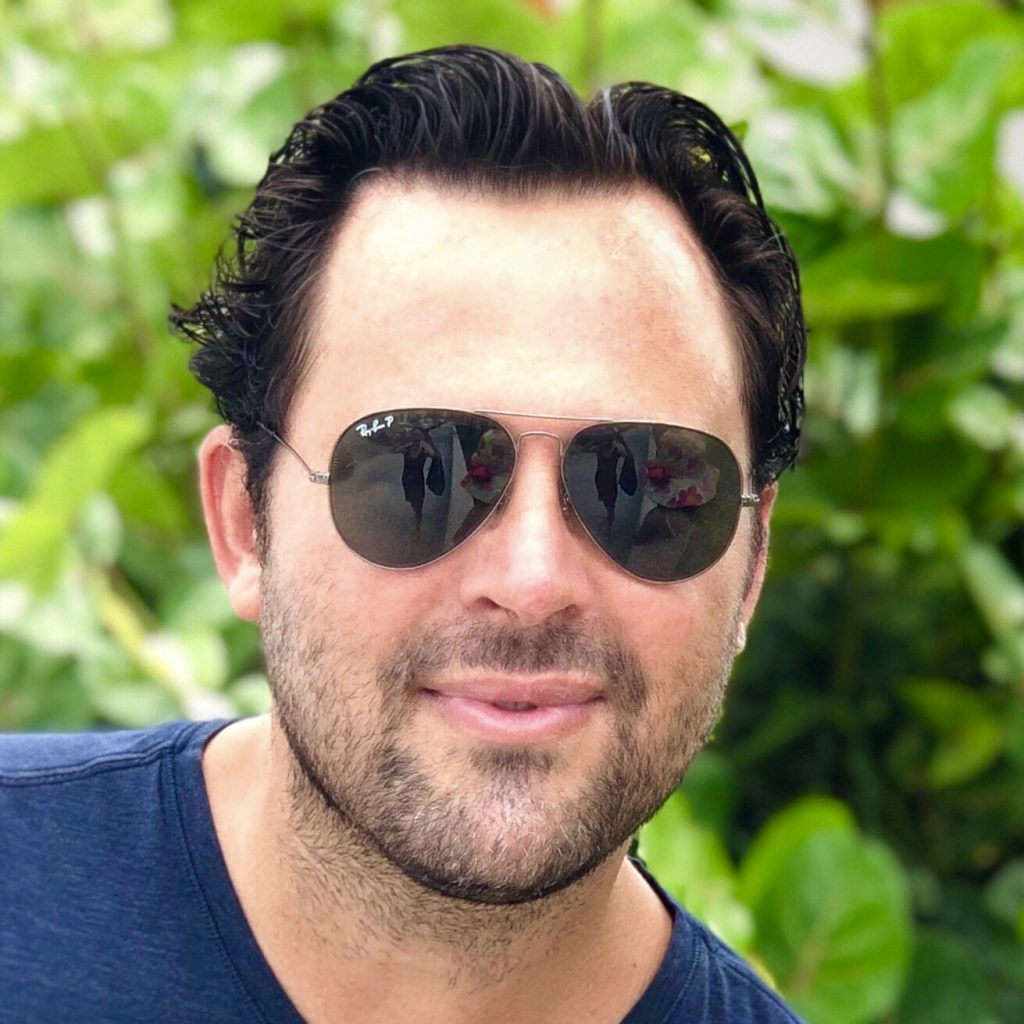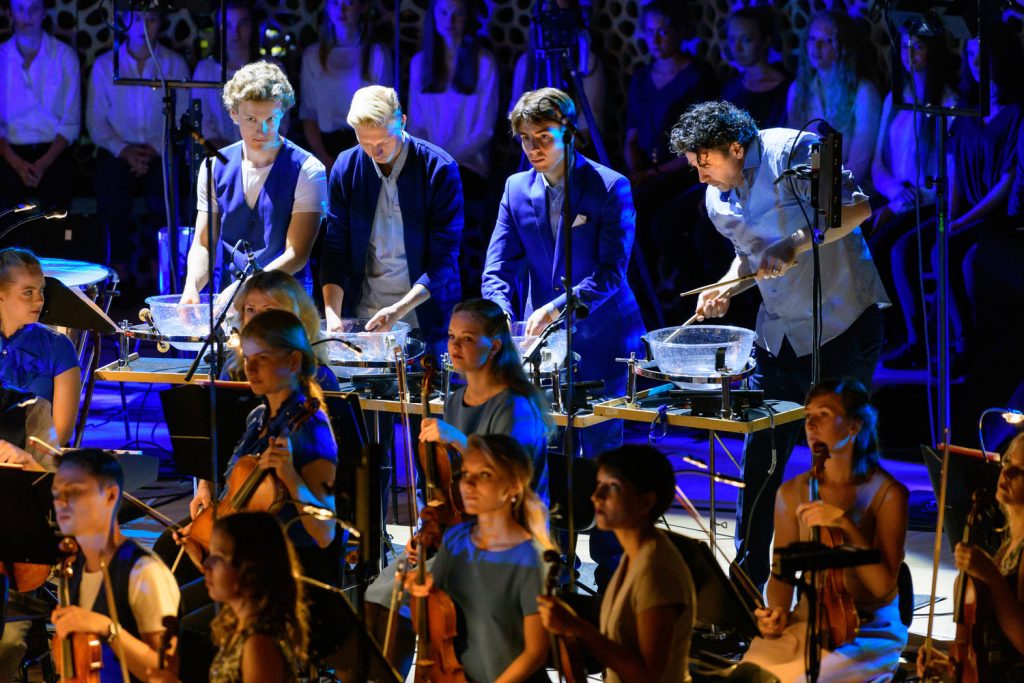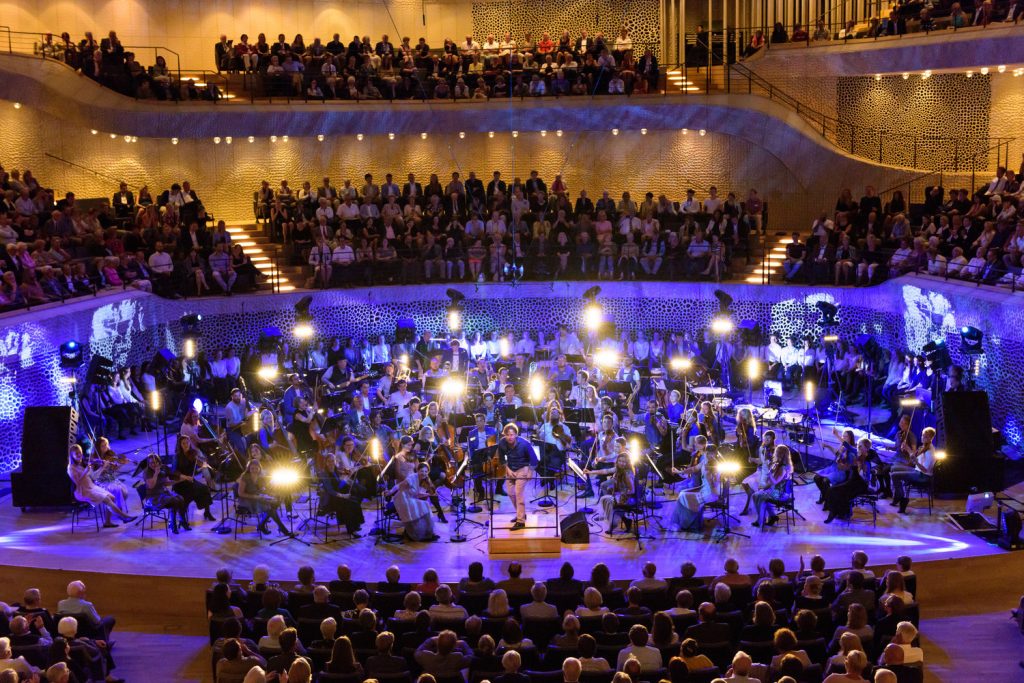David Donnelly, an American filmmaker, has made two documentaries about renowned Estonian conductors – brothers Paavo and Kristjan Järvi; Donnelly spoke to Estonian World about his experience of getting up and close to two distinguished Estonians and his impression of Estonia.
In late 2015, Donnelly released his first feature-length documentary, “Maestro”, starring Paavo Järvi, Joshua Bell, Hilary Hahn and Lang Lang. “Nordic Pulse”, his documentary about Paavo Järvi’s younger brother, Kristjan, is due to have its world premiere in Tallinn on 28 November. Estonian World caught up with Donnelly to find out what sparked his interest.

You have created two documentaries on two sons of Estonian conducting dynasty – Paavo and Kristjan Järvi. What sparked your interest?
I first met Paavo when he was the music director of the Cincinnati Symphony Orchestra. We met by chance and developed a friendship. Through the course of many late night, post-concert conversations I realised that his remarkable story needed to be shared with the world.
Paavo later introduced me to Kristjan. Kristjan’s energy and passion for what he was doing with the Baltic Sea Philharmonic immediately captivated me. I had just spent four years making a documentary that was focused on traditional classical music, so Kristjan’s non-traditional approach to music-making was interesting.
What do the two documentaries tell us about the two globetrotting conductors?
In “Maestro”, we learn that Paavo is relentlessly dedicated to his craft. In “Nordic Pulse”, we learn that Kristjan is someone who is constantly pushing boundaries.
How do the two brothers differ?
Paavo has a tremendous amount of discipline. He conserves his energy and amortises it strategically and consistently, like a laser beam. Kristjan is equally focused in his mission, but his energy is explosive and spontaneous. It comes in inspirational bursts. He always has a million ideas and has a childlike enthusiasm to try them out. The Järvi brothers are like two different forms of nuclear energy.
Was it easy to film these documentaries in terms of forming a personal relationship with the conductors – did you feel that you got up close and personal enough?
I am fortunate to consider Paavo and Kristjan friends. This allowed for a certain level of transparency that I do not believe could have been achieved otherwise.
What do you think is the highlight of both documentaries?
“Maestro” teaches us the path to mastery and the sacrifices required to achieve it. “Nordic Pulse” teaches us that anything is possible if we dare to challenge traditional boundaries. In the film, we see this potential manifest when the Baltic Sea Philharmonic becomes the first orchestra in history to perform Stravinsky’s Firebird suite, a massive, complex piece of music, completely by memory.
How has the audience feedback been so far – and in which countries have the documentaries been the most popular?
“Maestro” has aired on more than two dozen networks across the globe and has been translated into more than ten languages. It’s also available on platforms like Amazon Prime and iTunes. “Nordic Pulse” will have its world premiere in Tallinn at the Black Nights Film Festival on 28 November.
We are currently seeking Estonian groups who would like to host private screenings of the film before its release to the public. We anticipate “Nordic Pulse” will be released internationally in the summer of 2020.
Have you also met Neeme Järvi – and why not film a documentary about him?
I’ve had the pleasure of meeting Neeme and I believe there is already a documentary being made about him right now.
You first visited Estonia while making the documentary on Paavo Järvi. What was your first impression of the country and what surprised you most?
My first impression of Estonia was its immense beauty. I’ll always cherish filming the sunrise on the beaches of Pärnu (Estonia’s fourth largest town, dubbed its “summer capital” – editor).
What surprised me the most was the high concentration of creative talent. It is nothing short of miraculous that such a small population has produced such many renowned musicians.

When you meet a complete stranger, what would you tell them about Estonia and Estonians?
I ask them if they know the story of the Singing Revolution. If they don’t, I tell them about it. I believe every American should know the inspirational story of Estonia.
Cover: Kristjan Järvi and the Baltic Sea Philharmonic performing (“Nordic Pulse”).

